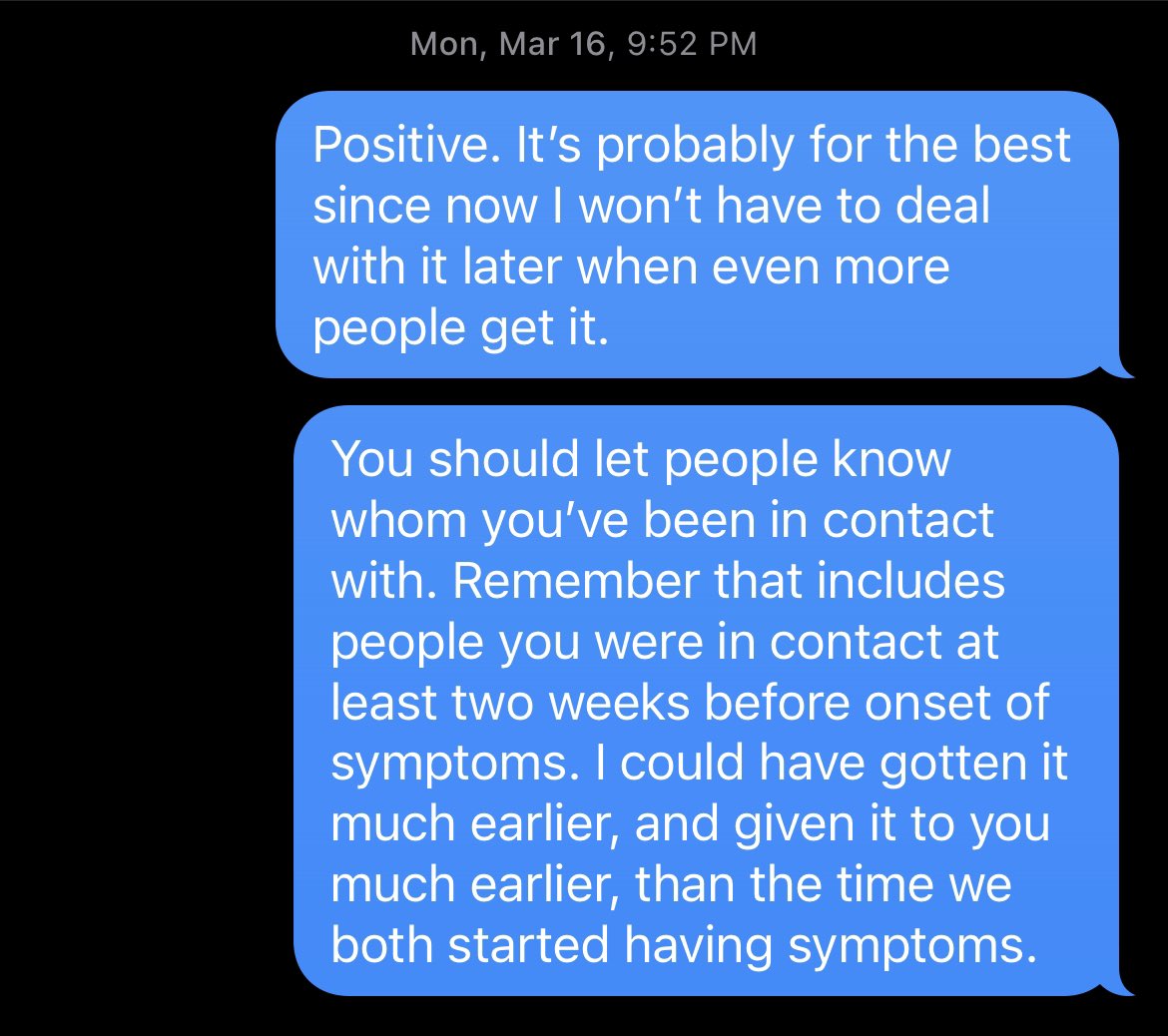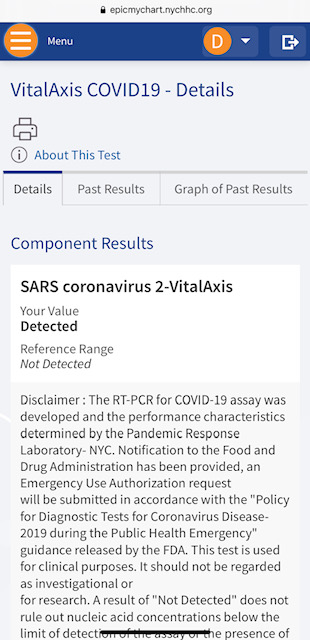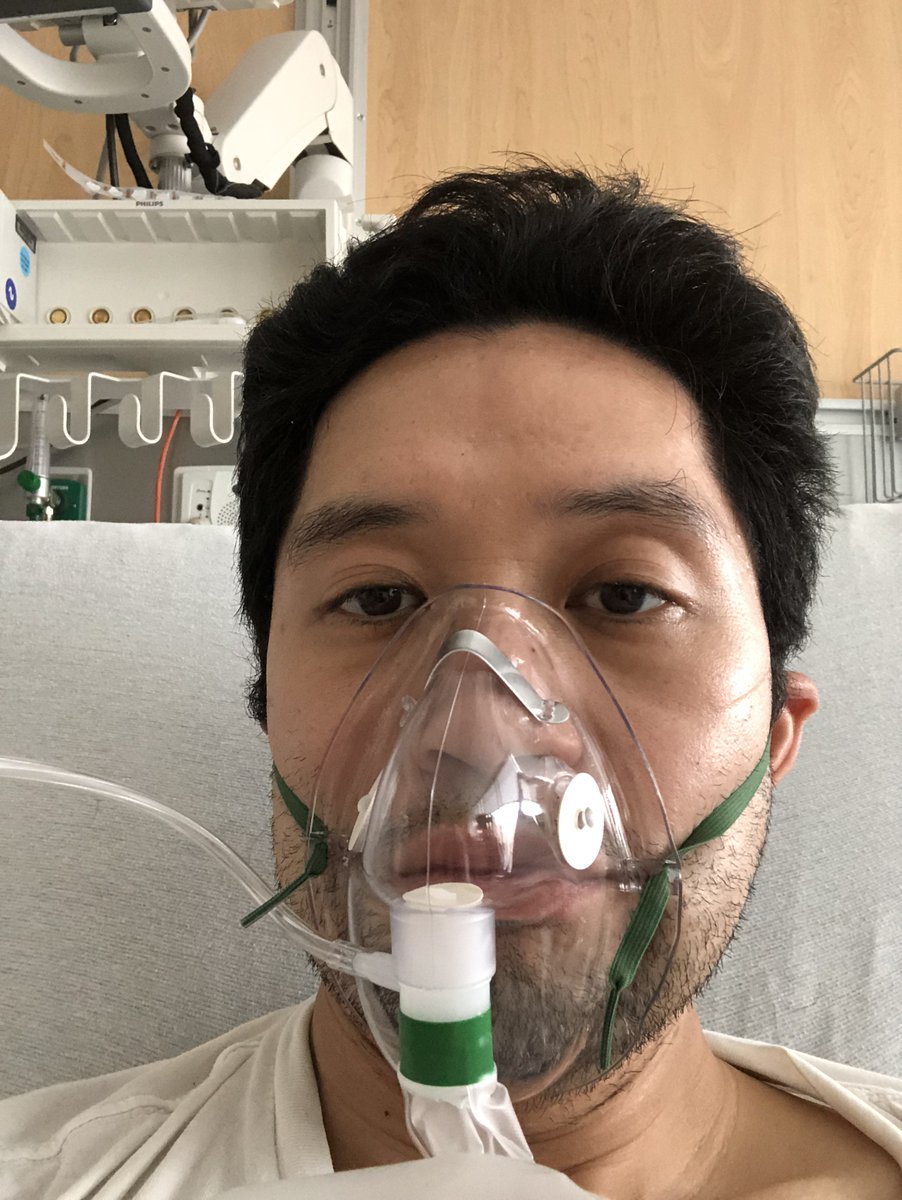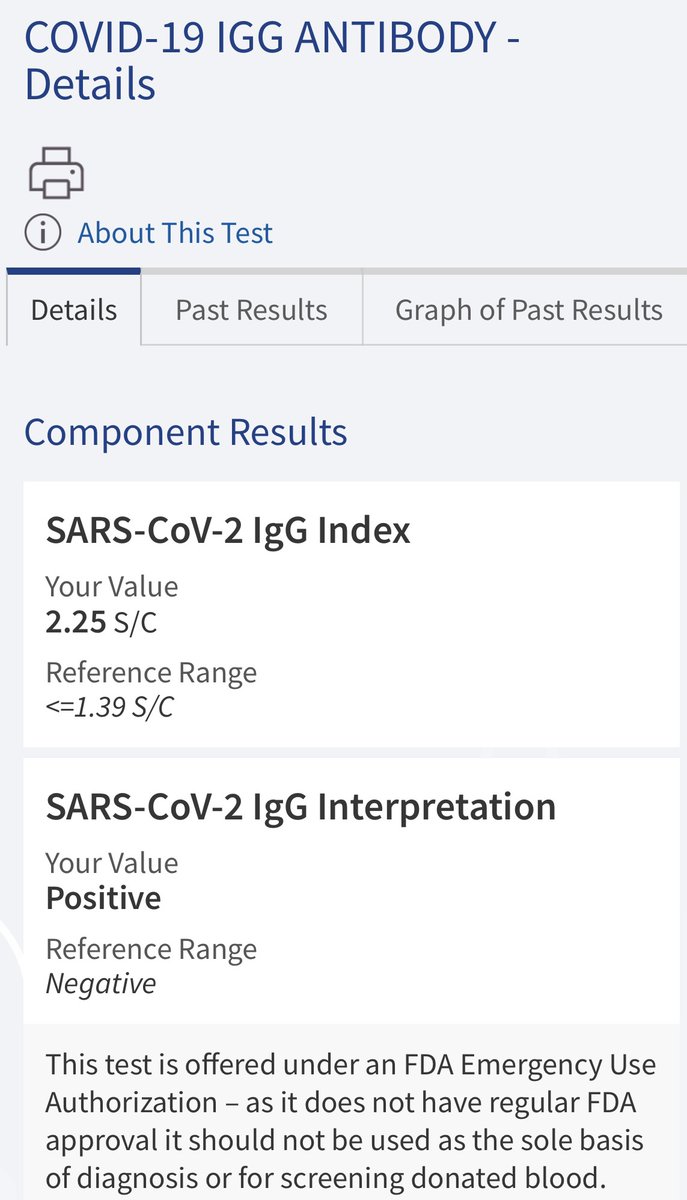
1/ I wonder if Donald Trump and his supporters will reconsider their antipathy toward #Section230 in light of recent events.
2/ As the controversy over the tech giants cracking down in @parler_app demonstrates, if Trump and his supporters want a free-for-all social media platform like Parler, that platform will want and need #Section230-type protection.
3/ Under #Section230 as it currently stands, Parler generally isn’t responsible, at least in a court of law, for third-party/user-generated content.
4/ Without #Section230, Parler could be sued by the family of a victim killed in an attack planned on @parler_app, or by someone defamed in a post on Parler (like Dominion Voting, which just sued Sidney Powell).
5/ But #Section230 doesn’t prevent private companies like @Amazon, @Apple, and @Facebook from contractually holding customers or business partners to at least SOME level of responsibility for third-party/user-generated content.
6/ From @Apple’s letter to @parler_app:
“We want to be clear that Parler is in fact responsible for all the user generated content present on your service and for ensuring that this content meets App Store requirements.”
nyti.ms/3nyoEXj
“We want to be clear that Parler is in fact responsible for all the user generated content present on your service and for ensuring that this content meets App Store requirements.”
nyti.ms/3nyoEXj
7/ Social media giants like @Facebook and @Twitter have the resources to engage in robust moderation and to defend lawsuits. They could survive, in some form, in a world without #Section230.
8/ I’m not so sure that upstarts or challengers like Parler can survive, or at least get off the ground and then into a position where they challenge the social-media incumbents, without #Section230 or something like it.
9/ Bottom line: yes, #BigTech needs #Section230 — but potential challengers to Big Tech need it even more.
10/ To be clear, I'm not saying #Section230 is perfect or that it can't be amended or improved. And I share the concern of many about #BigTech silencing voices it doesn't like.
(In college, I was a (rather unpopular) conservative columnist at @TheCrimson.)
(In college, I was a (rather unpopular) conservative columnist at @TheCrimson.)
11/ But it seems to me that if a media/social-media company DOES want to host a wide range of voices, from across the political spectrum, then it would want and need #Section230-like protection.
12/ I say "#Section230-LIKE" protection because we can debate about what we want that liability protection to look like and how it might differ from Section 230 in its current form. We don't need to #RepealSection230 if we can improve it.
13/ What I can't understand is why conservatives or libertarians should favor a straight-up repeal of #Section230, as many have advocated.
(Check out the hashtag #RepealSection230; it's a popular position on the right.)
(Check out the hashtag #RepealSection230; it's a popular position on the right.)
14/ Repealing #Section230 and not replacing it with anything won't hurt #BigTech that much.
As I noted earlier in this thread, established tech/social-media giants have the resources to moderate content and to hire high-priced lawyers when they get sued.
As I noted earlier in this thread, established tech/social-media giants have the resources to moderate content and to hire high-priced lawyers when they get sued.
15/ I am concerned about powerful social media platforms shutting out legitimate viewpoints that they just happen to dislike.
So should we amend #Section230 to require some kind of viewpoint neutrality by social media platforms?
I'm not so sure.
So should we amend #Section230 to require some kind of viewpoint neutrality by social media platforms?
I'm not so sure.
16/ I am also concerned about holding private citizens and private businesses to the same standards as government, such as the #FirstAmendment -- which is a limit on the state, not on private actors.
17/ If I build a platform to reflect a certain vision -- say, "@Twitter for conservatives," a la @parler_app -- why should I be forced to host views that conflict with that vision? Or views I find reprehensible?
18/ So #freedom and #FreedomOfSpeech cut both ways here.
It's well-established law that the #FirstAmendment includes the right NOT to speak/publish, including the right NOT to publish views you disagree with or loathe.
It's well-established law that the #FirstAmendment includes the right NOT to speak/publish, including the right NOT to publish views you disagree with or loathe.
19/ There are also property interests at play here. While cheap, bandwidth does cost something.
Forcing a private person or company to spend their own hard-earned money to host views they loathe is something that might concern libertarians.
Forcing a private person or company to spend their own hard-earned money to host views they loathe is something that might concern libertarians.
20/ Maybe a new and improved #Section230 should draw distinctions between social media platforms based on size of user base, with bigger ones regulated more heavily, like public fora / utilities.
(But I'm not sure about this; I would prefer universal rules.)
(But I'm not sure about this; I would prefer universal rules.)
21/ These are very difficult and tricky issues. I see important concerns all over the place, as well as decent arguments for both more or less regulation.
There's a lot that I'm not sure about here. I'm very open to persuasion in either direction.
There's a lot that I'm not sure about here. I'm very open to persuasion in either direction.
22/ But I do think that to #RepealSection230 entirely, as opposed to amending #Section230 sensibly, will just give plaintiffs' lawyers a bigger role in shaping public discourse.
And I don't think that's something conservatives or libertarians would want.
And I don't think that's something conservatives or libertarians would want.
• • •
Missing some Tweet in this thread? You can try to
force a refresh








